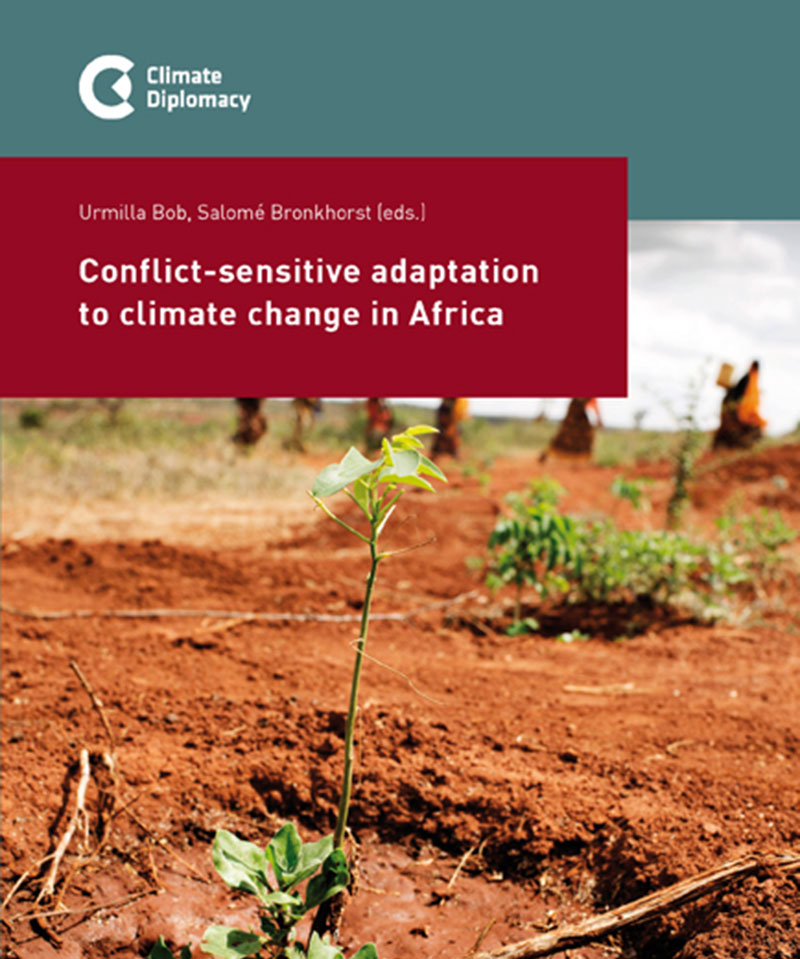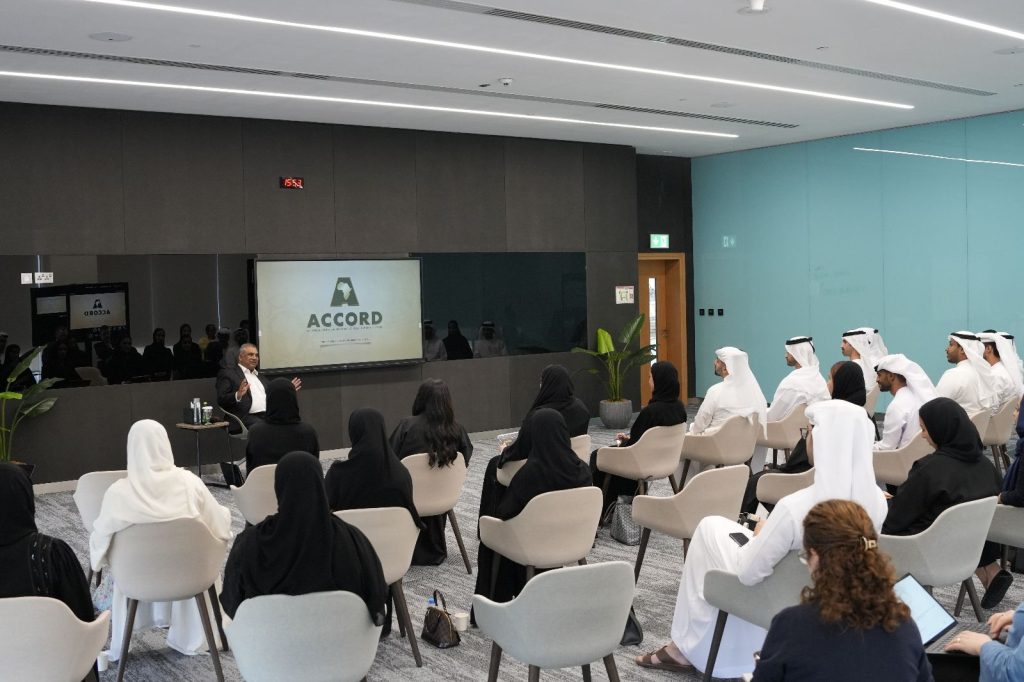Climate change affects and will affect livelihood resources in Africa, especially among the poor, with potentially negative consequences for peace and security across the continent. It is against this background that the African Centre for the Constructive Resolution of Disputes (ACCORD), in cooperation with adelphi, a leading German think tank, has published an edited volume entitled Conflict-sensitive adaptation to climate change in Africa, which is now available to download at no charge from the ACCORD website.
Edited by Professor Urmilla Bob of the University of KwaZulu-Natal, Durban, South Africa, and independent research consultant Salomé Bronkhorst, the book focuses on conflict sensitivity in climate change adaptation in Africa, and brings together the voices of academics, practitioners and policymakers form across the globe and Africa. Key questions that frame the contributions are:
- How do climate change and/or climate adaptation projects cause or contribute to conflicts?
- How can adaptation measures be conflict-sensitive?
Extensive research provides insight into climate change effects and various mitigation and adaptation strategies – often in conflict prone or post-conflict states. Further, drawing on African experiences, the highly multi-disciplinary nature of the policy and practice of conflict-sensitive adaptation (for example, the need to include development, environment and peacebuilding considerations) emerges. The volume provides compelling analyses and recommendations for the development of conflict-sensitive adaptation tools and policies.
Part one of the book focuses on conceptual and theoretical considerations for conflict-sensitive climate change adaptation in Africa, while part two examines thematic concerns for conflict-sensitive climate change adaptation, including the effects of climate change and the potential for conflict around Africa’s coasts, oceans and forests. The third part of the volume gives attention to issues related to drought, mobility and migration, with most chapters focusing on or including research on the Sahel region. Finally, part four includes three chapters that make contributions to policies and tools for conflict-sensitive climate change adaptation. A memorandum for action, in Annex A, presents practical steps that can be taken by those who influence policy, as well as practitioners, towards developing and implementing effective strategies and practices to support conflict-sensitive adaptation to climate change.
The book is available in hard copy from Berliner Wissenschaftsverlag and can be downloaded free of charge here.








